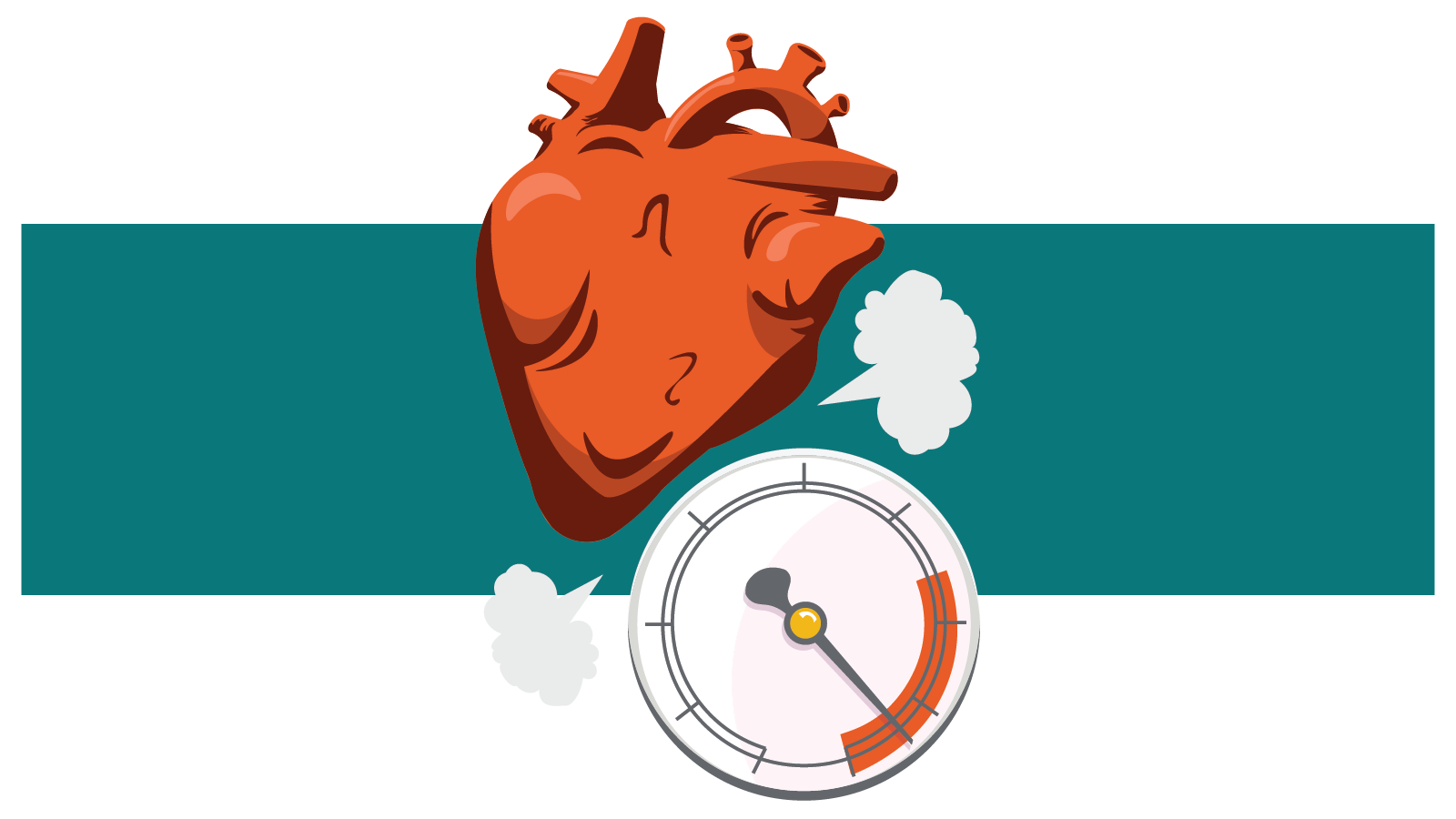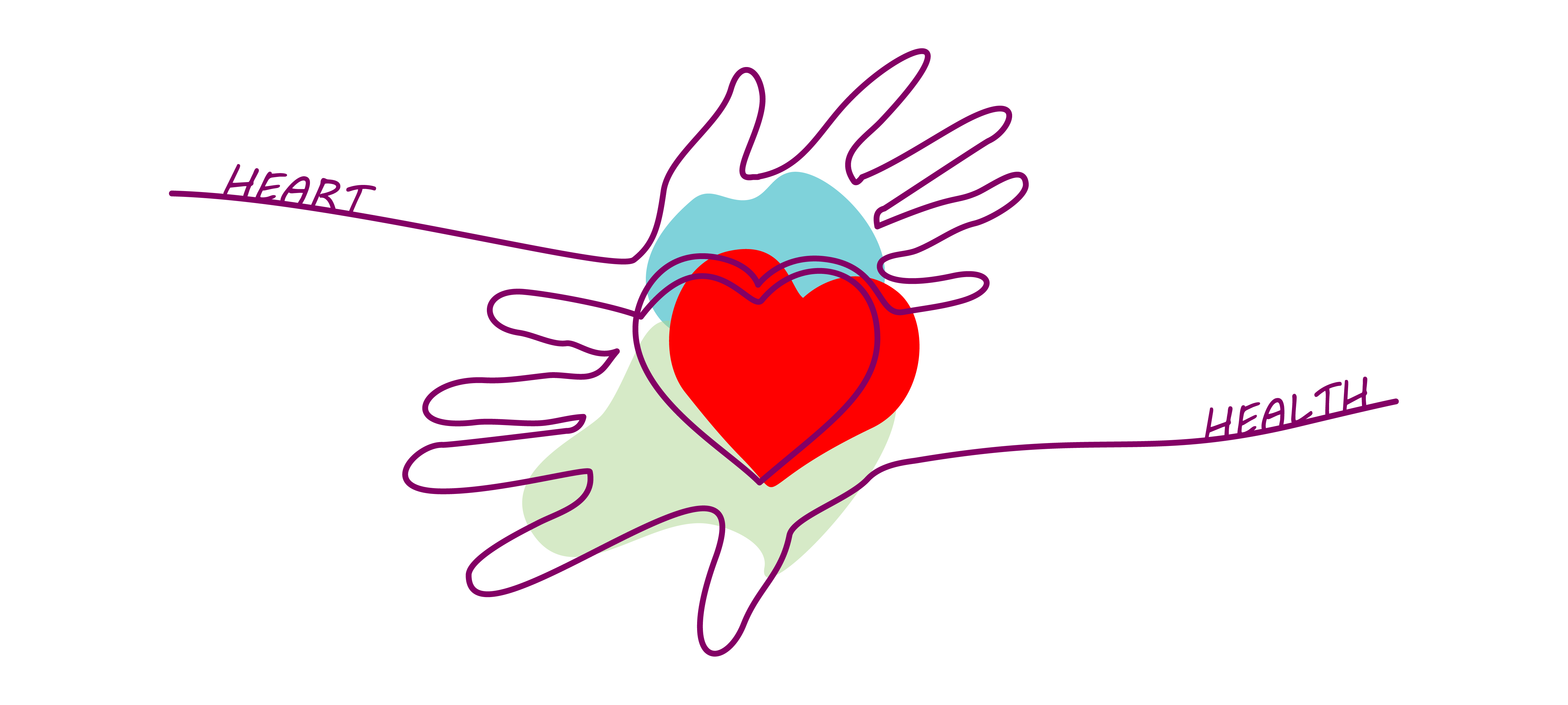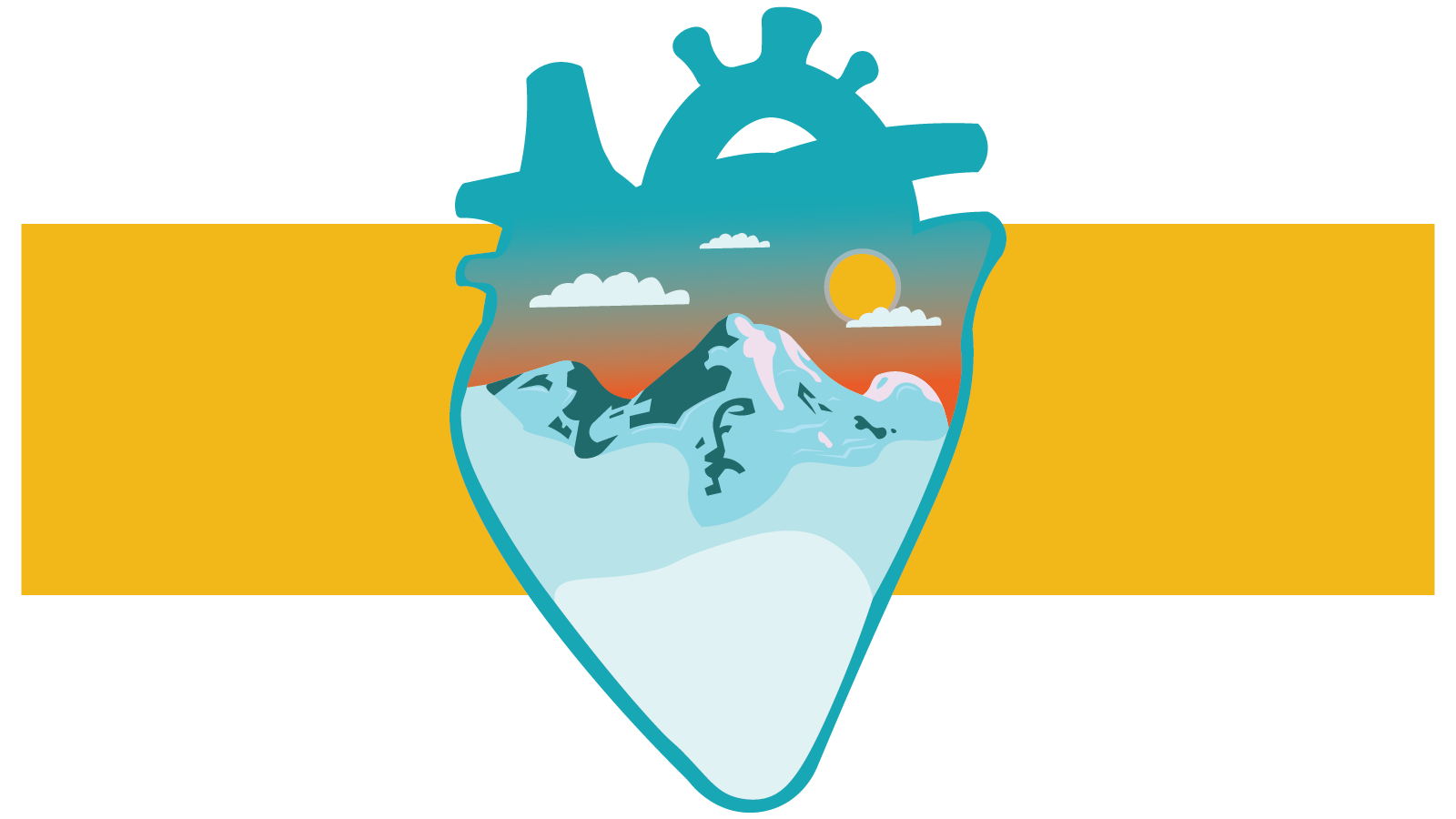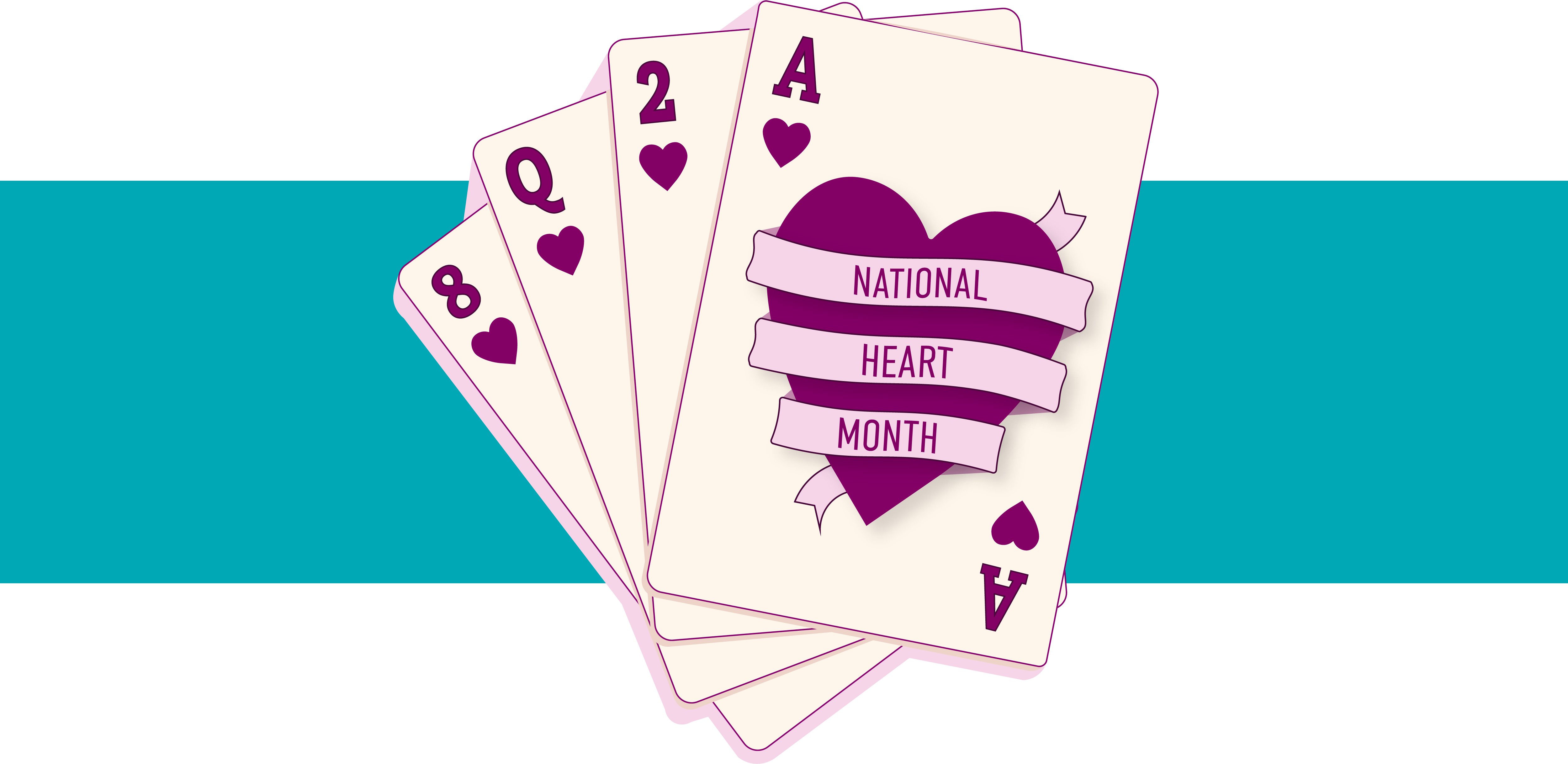American Heart Month: Here's What You Need to Know
Overview of Cardiovascular Disease Cardiovascular disease (CVD)—a broad, umbrella term that includes heart disease and stroke—is the number one cause...

Hand over heart—when was the last time you checked in with your cardiovascular health? Checked your blood pressure? February is National Heart Health Month, and whether it’s been 24 hours or 24 years since, February is a reminder to get under your own skin and find out what your heart’s been up to lately.
Let’s start with cardiovascular disease, or CVD. Cardiovascular disease is a broad, umbrella term for conditions that affect the heart and blood vessels. Cardiovascular disease is unfortunately common, so the name of the game with cardiovascular disease (CVD) is prevention, early detection, and treatment.
Common conditions that fall under CVD include coronary heart or artery disease, heart failure, peripheral arterial disease, and aortic disease. These conditions are often marked by diseased vessels, structural problems, and blood clots that develop over time.
Coronary heart disease, or clogged arteries, is the most common type of heart disease in the US and occurs when a build-up of fatty substances (atheroma) blocks or interrupts your heart muscle's blood supply in the coronary arteries.
Far from uncommon, CVD accounts for 1 in 4 deaths among women in the United States. In fact, the CDC reports that about 697,000 people in the United States died from heart disease in 2020—that’s 1 in every 5 deaths.
High blood pressure, high blood cholesterol, and smoking are key risk factors for heart disease.
Because high blood pressure (HBP), also called hypertension, often doesn’t have symptoms, checking your blood pressure is the only way to know for sure whether it is too high. With a little practice, you can measure your blood pressure at home with a home blood pressure monitor, or you can visit your doctor or nurse to have your blood pressure checked. If ignored, the force of blood pushing against artery walls weakens the heart’s arteries, leaving the cardiovascular system at risk for heart disease, stroke, heart failure, kidney failure, vision loss, peripheral artery disease, sexual dysfunction, pregnancy complications, and cognitive decline.
What is your heart’s age?St. David’s HealthCare, a Central Texas health system with some of the highest-performing cardiovascular facilities in the nation, developed a free Heart Risk Assessment designed to help you learn about your risk of developing heart disease. The online assessment only takes a few minutes and can be used to discuss your heart health with your primary care physician. |
Regardless of your known risk factors, the Cleveland Clinic advises everyone to stay alert: CVD typically shows up with one or more of these signs and symptoms:
Uncontrolled, cardiovascular disease carries with it a greater chance of heart attack and/or stroke.
Some heart attacks are sudden and intense. About 1 in 5 heart attacks are silent.
Most start slowly, with mild pain or discomfort, many heart attacks occur without know it. By knowing the signs of heart attack, you can greatly decrease your risk of having a second, more severe heart attack or developing coronary artery disease.
While heart attacks vary in the level of intensity and duration, their symptoms remain the same. The American Heart Association advises: Pay careful attention to your body and seek immediate medical attention at the first sign of a heart attack.
As with men, women’s most common heart attack symptom is chest pain or discomfort. But women are somewhat more likely than men to experience some of the other common symptoms, particularly shortness of breath, nausea/vomiting, and back or jaw pain.
Be sure to remember these symptoms. Too often, most people overlook these symptoms as minor inconveniences related to fatigue or some general age-related pain.
A stroke occurs when the blood supply to part of the brain is interrupted or reduced, preventing brain tissue from getting oxygen and nutrients. Brain cells begin to die in minutes.
Knowing the signs and symptoms of a stroke can be lifesaving. Classic stroke symptoms can be recalled with the acronym FAST. Each letter in the word stands for one of the things you should watch for:
The sooner treatment begins, the better the chances are for recovery. This is a matter of minutes, not hours.
A stroke is always a medical emergency, and every minute counts. If you think you or someone around you may be having a stroke based on any of the symptoms above, call 911 immediately. Do not try to drive yourself to the hospital.
Getting better doesn’t have to be everything all at once; incremental changes make a difference. In a recent Mayo Clinic study, research indicates that replacing 30 minutes per day of sedentary behavior with an equal time of various physical activities was associated with a 3% to 12% risk reduction of coronary heart disease.
Fatigue and pain management, nutrition, breath work, physical movement, medication—as a whole response to your risks, these next steps ask a lot of you. But you don’t have to make a plan from scratch, or alone. Your Healthcare Highways Health Plan may cover care coordination benefits for that will help you push your curiosity forward, to better health.
If you are a health plan member and would like to learn more about care coordination benefits, call us! Our Customer Experience Advocates team will help you find out if you qualify for this no-cost personalized service and connect you with the care you need. Check your Healthcare Highways Health Plan ID card for your Customer Experience Advocate team's phone number, or reach out online. We'll take it from there!

Overview of Cardiovascular Disease Cardiovascular disease (CVD)—a broad, umbrella term that includes heart disease and stroke—is the number one cause...

Hypothermia, frostbite, trench foot, chilblains—without preparation and proper equipment, these cold-weather injuries can take down anyone, no...

February is more than just about celebrating love. It's National Heart Health Month, a dedicated time to raise awareness about cardiovascular health...